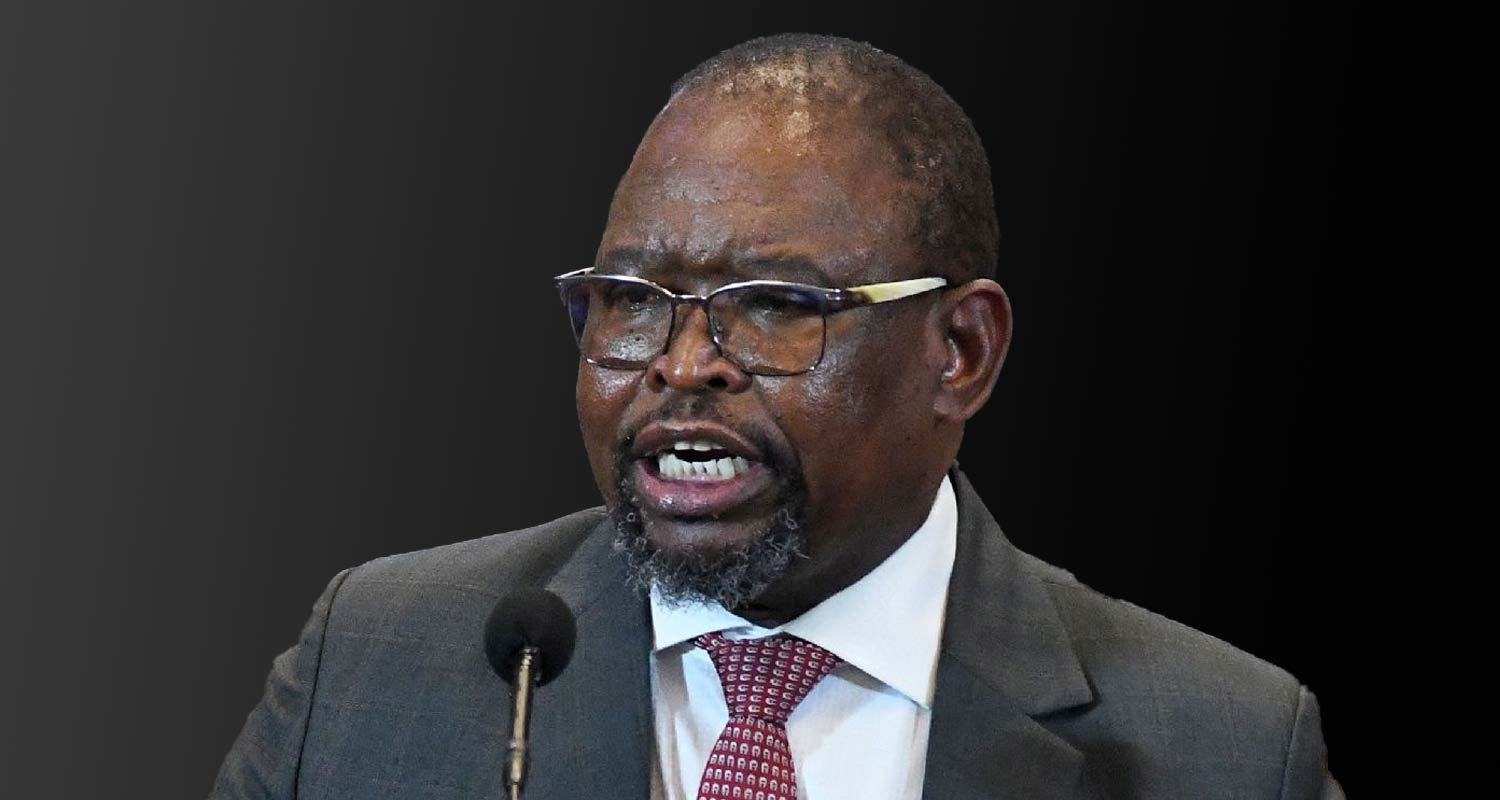
Communications minister Solly Malatsi said his department is seeking alternatives to save the Post Office.
The department of communications & digital technologies does not have the money needed to bail out the Post Office, putting the embattled state-owned company’s survival in further doubt.
This follows national treasury’s decision to exclude a proposed R3.8-billion bailout for the Post Office in the mid-term budget policy outlook last month. Finance minister Enoch Godongwana said the department of communications should find the money to bail out the company.
According to communications minister Solly Malatsi, who was speaking to TechCentral at the Africa Tech Festival taking place in Cape Town this week, the money the Post Office needs to stave off its collapse simply isn’t available.
“The engagement we had with treasury was that we should look within our budget to see if there are monies that we can use towards rescuing the situation at the Post Office,” Malatsi said. “But the truth of the matter is that within the department and the current budget, those resources are just not available.”
The Post Office has been in business rescue – a form of bankruptcy protection – since July 2023. In September this year, business rescue practitioners Anoosh Rooplal and Juanita Damons told parliament that the embattled organisation would have no alternative but to be placed into liquidation should the bailout money not be received by November.
Public spending
In a media briefing prior to the medium-term budget policy statement last month, Godongwana said it was up to the communications department to “find ways of reorganising and reprioritising” its budget to help save the Post Office.
National treasury is attempting to rein in public spending to deal with an already severely constrained fiscus. It intends to stabilise the national debt to GDP ratio at 75% in the 2025/2026 financial year. Part of its plan to control public spending, said Godongwana, is for government to remain committed to the principle of not bailing out state-owned enterprises, which have drained the public purse of well over R500-billion since 2009.
Read: Malatsi to seek end to Post Office monopoly
According to Malatsi, the exclusion by treasury of the Post Office from the budget statement is an indication that the reliance the ailing postal service has on the fiscus for survival is unsustainable.
“I think there are some very tough choices about the Post Office that confront us, simply because of the situation we find ourselves in,” said Malatsi.

He said talks between the communications department and treasury regarding the fate of the Post Office are ongoing. A task team comprising personnel from both entities has been established to look at how public-private partnerships could be used to attract investment into the company, he said.
Although reluctant to provide further details about the form these partnerships could take, Malatsi said they will be strategic and include assistance that will bolster the Post Office’s operational capacity. He said the partnerships will likely be with existing industry players in the logistics space and will “leverage each other’s strengths and advantages”.
“If it is not possible to use the fiscus to help the Post Office then we have to use other ways. Those other ways are private-public partnerships; if they can be secured, they will provide the lifeline for the Post Office to continue to provide universal access to South Africans everywhere,” said Malatsi. – © 2024 NewsCentral Media
Get breaking news from TechCentral on WhatsApp. Sign up here




